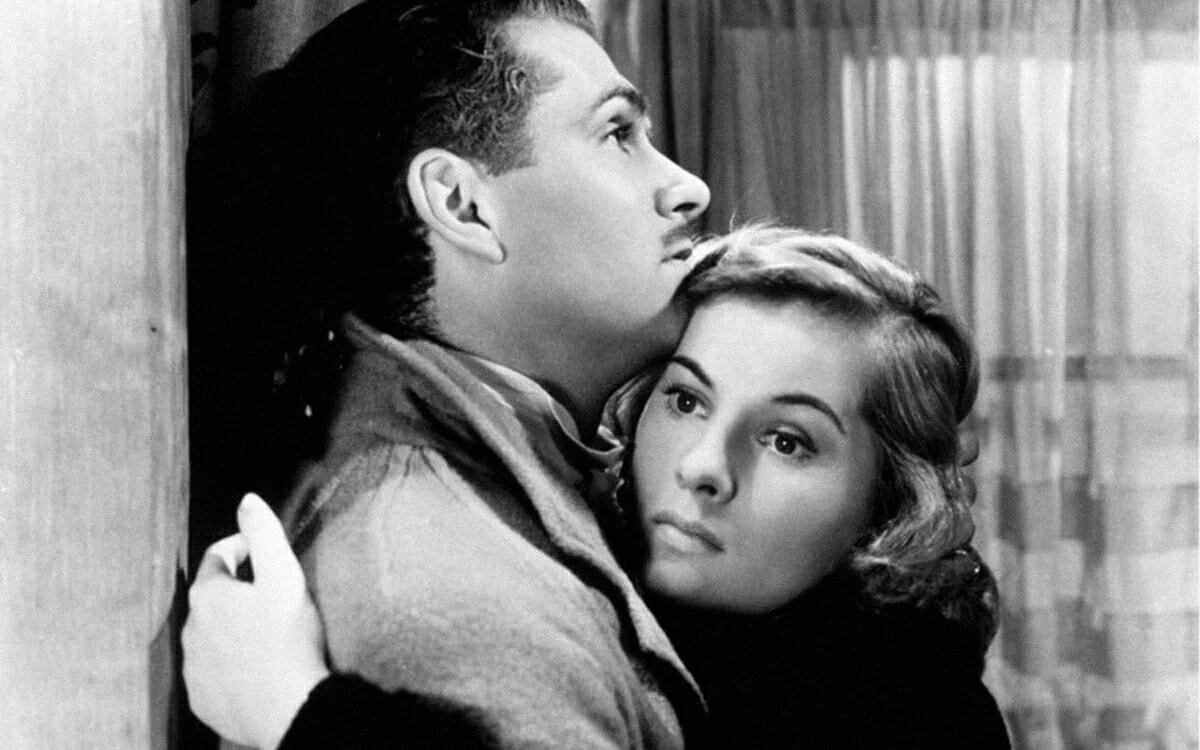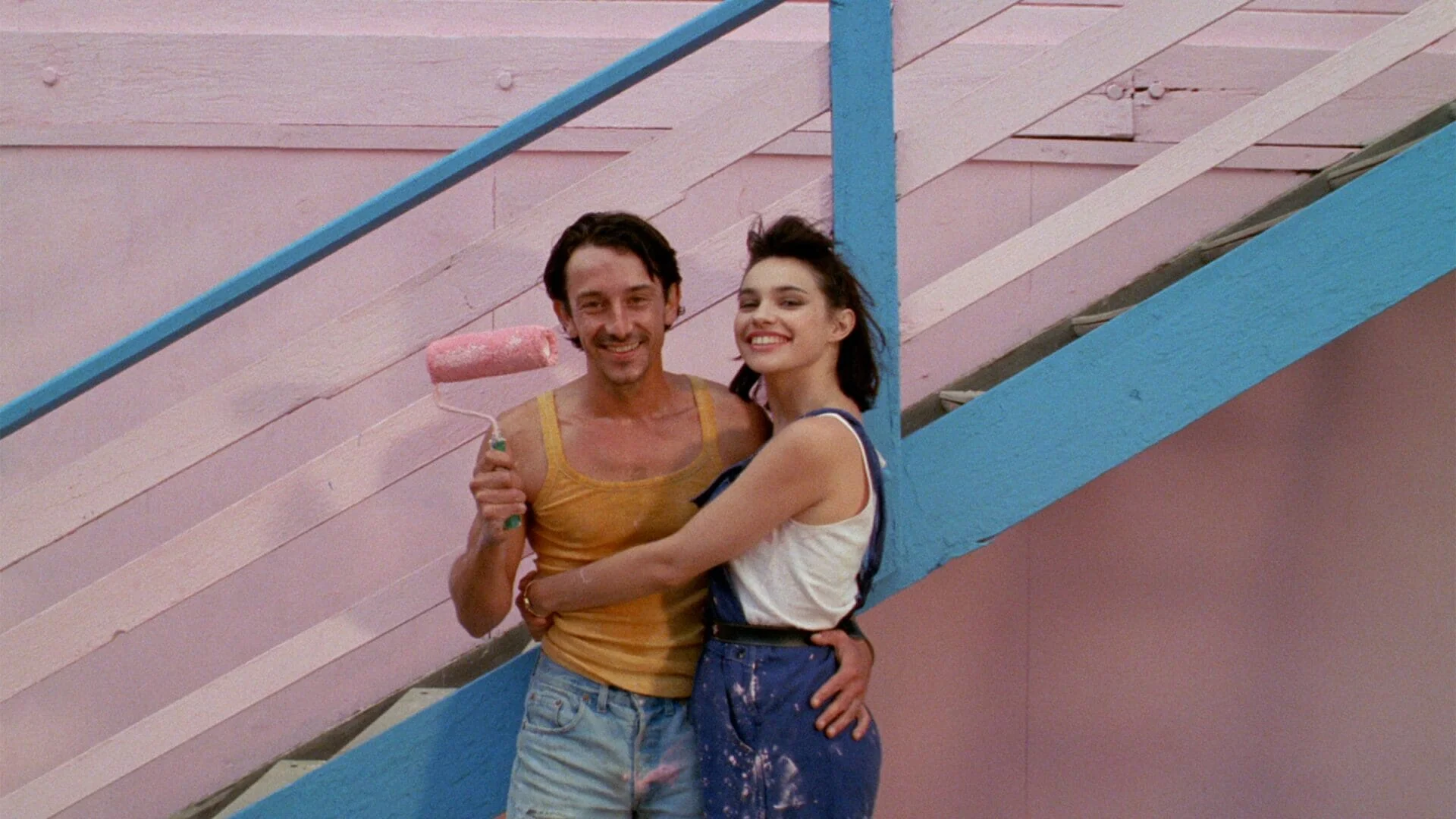
Rebecca | Alfred Hitchcock's psychological thriller
Year
Runtime
Director
Cinematographer
Production Designer
Music by
Country
Format
Subgenre
By
Last night I dreamt I went to Manderley again.
So goes the famous opening line of Daphne du Maurier’s 1938 gothic novel Rebecca, and so begins Alfred Hitchcock’s 1940 film adaptation, with Joan Fontaine’s “I” narrating the camera’s twisting, fog-cloaked drive up to the haunted Manderley estate of her memories.
Hitchcock’s first American production, and the only one of his films to win the Oscar for Best Picture (1941), Rebecca is the tale of the second Mrs. De Winter, a critically shy, nameless young woman who meets the mercurial aristocrat Maxim de Winter (Laurence Olivier) when on holiday on the French Riviera. He is recuperating from the death of his beloved first wife, the glamorous and quixotic Rebecca of the title.
The unnamed female protagonist is quickly charmed into marriage. Upon returning to Maxim’s ancestral home in Cornwall – the towering, foreboding Manderley- she comes to realize that the dead first wife, Rebecca, never truly left – at least not in the hearts of the servants, the obsessive and spooky housekeeper Mrs. Danvers, and above all, Maxim.
The domestic gothic trend
Part of a surge in the 1940s of domestic gothic films centered around female leads (including Cukor’s Gaslight, Mankiewicz’s Dragonwyck, and Stevenson’s adaptation of Jane Eyre), Rebecca features many of the trademarks of the trend: the inexperienced ingenue, the older, secretive husband, the forbidden room, and the oppressive, claustrophobic atmosphere of mounting paranoia.
To these existing motifs, Hitchcock adds his own: the fascination with subjectivity and perception, the psychological dimensions of the house, and the sinister overlap between sexuality and violence. In the British auteur’s hands, Rebecca becomes less a ghost story than a psychological thriller, less about the first Mrs. De Winter’s continued presence than about the power of her absence.
Two industry’s titans
Just as the characters vie for dominance over one another- and the narrative of the dead Rebecca- the struggles between its makers defined the production of the film. Hitchcock’s first collaboration with legendary Gone With the Wind producer David O. Selznick, Rebecca marked the meeting of two of the film industry’s strongest personalities: a director used to complete control, even going so far as to edit in-camera, and a producer notorious for his authoritarian rule over post-production.
Parallel to this battle of wills ran the conflict between Du Maurier’s original material and the dictates of the Hays Code: the sapphic undertones in Mrs. Danvers’ adoration of Rebecca are ciphered into the implications of a black negligee, and the true story behind Rebecca’s death is tempered for Olivier’s Maxim.
But while time may have shifted opinions on the gender dynamics of the story, Rebecca has endured (even earning it a 2020 Netflix remake starring Armie Hammer). And if for one reason, it is for the fundamental relatability of its terror – which doesn’t come from a supernatural threat, but from one’s own insecurities and anxieties: from the simple fear of being out of place, and not good enough.
Tag






